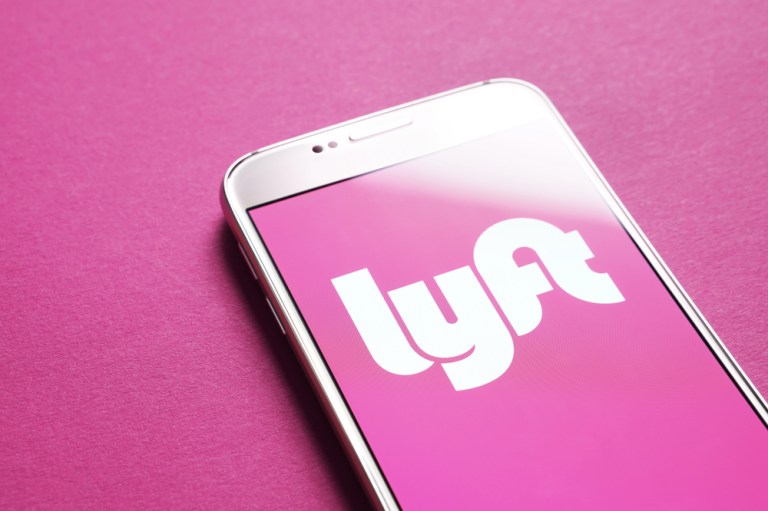Lyft Has 35 Percent Of US Rideshare Market

Lyft’s internal market share numbers shows that it now has 35 percent of the national ridesharing market, up from 20 percent 18 months ago.
The company also says its market share is over 40 percent in 16 U.S. markets and that it has a majority share in “multiple” markets.
“The last 18 months have been a period of incredible, sustained growth for Lyft,” CFO Brian Roberts said, according to CNBC. “There are no signs of that momentum slowing down.”
A source said Lyft used email receipt data to calculate its market share data, which is usually taken from third-party credit card data firms such as Second Measure and Certify.
As of March, Second Measure put Lyft’s market share at 27 percent and Uber’s at 73 percent, while Certify found Lyft had 19 percent of the market in the first quarter versus Uber’s 81 percent.
While Uber doesn’t disclose market share data, a source said the company’s internal metrics show it with 70 to 72 percent of the U.S. ridesharing market, which would leave Lyft at 28 to 30 percent. The same source claims Lyft stopped gaining market share over the last six months.
Yet earlier this month, it was reported that Lyft had nearly doubled its market share, taking nine percentage points away from Uber. That data came from Certify, showing that Lyft comprised 19 percent of ride-hailing usage among business customers last quarter, an increase from 10 percent a year ago.
“We will carry this momentum into the rest of 2018 and remain focused on making business travel easy, accessible and affordable,” David Baga, Lyft’s chief business officer, wrote in an emailed statement.
And in April, Lyft announced that its revenue grew more than $1 billion in 2017 and beat Uber’s growth in Q4 by 2.75 times. In fact, Lyft’s revenue growth was up 168 percent in the fourth quarter, while Uber’s increased by 61 percent.
Lyft provided 375.5 million rides in 2017, which is up 130 percent year over year. The company also provided rides to a total of 23 million different passengers, which is a 92 percent jump from the prior year, and had 1.4 million drivers at the end of 2017, up 100 percent from the end of 2016.